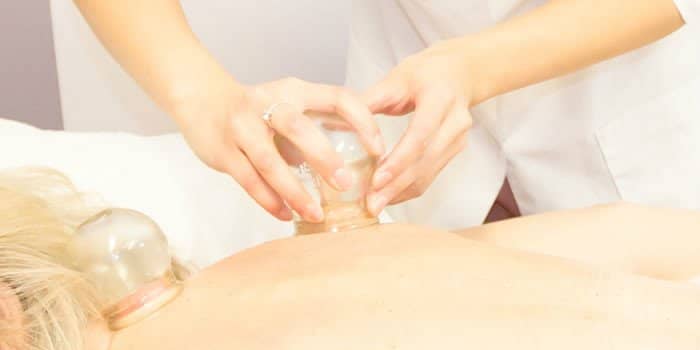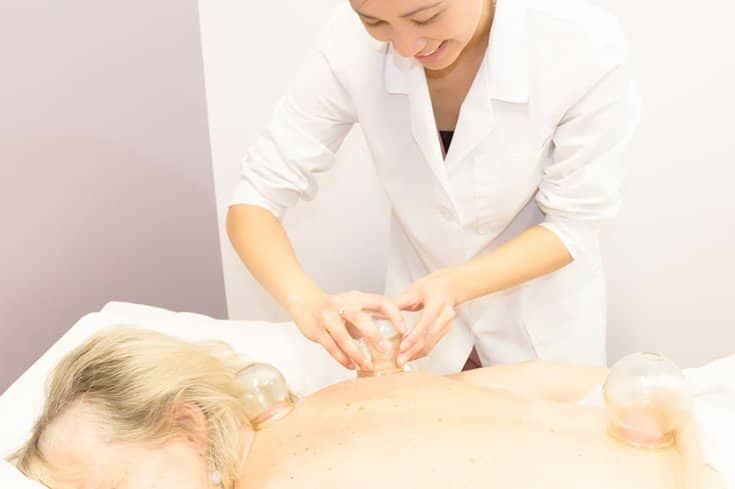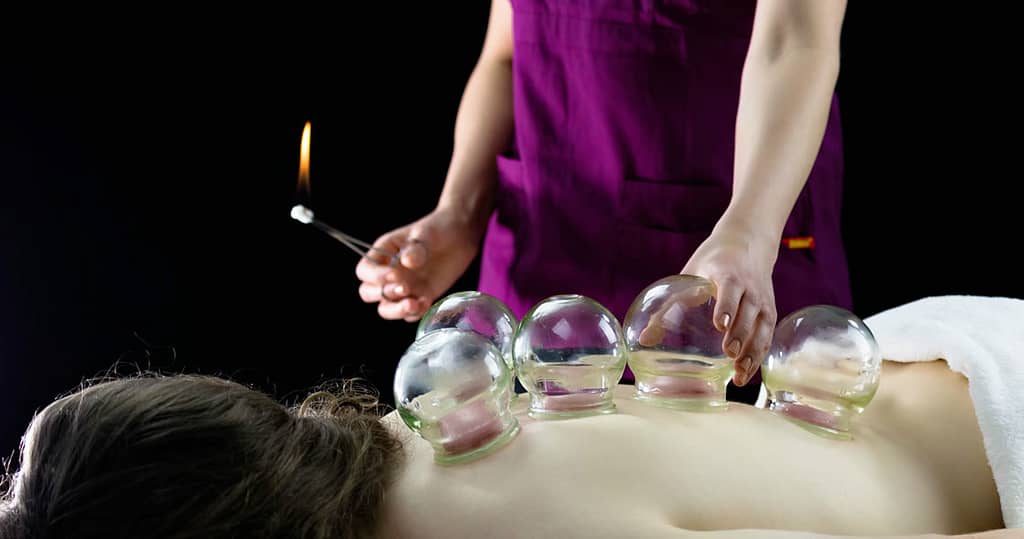Hijama therapy, also known as wet cupping therapy, is a profound traditional Chinese medicine modality that has been used for centuries to promote healing. This therapy involves creating small punctures on the skin and applying a suction cup to draw out small amounts of blood to help stimulate the body’s natural healing processes. In this article, we’ll explore how Preparing for and Recovering from a Hijama Treatment and what to expect afterward.
Preparation Before Hijama Treatment
Preparing for a Hijama Treatment is essential to ensure a safe and effective outcome. Here are some recommendations to follow:
- Resting
- It is recommended that patients rest for a day or two before the Hijama treatment. This allows the body to conserve energy and prepare for the treatment. Resting can also help reduce stress levels and promote relaxation.
- Diet
- The diet before and after the Hijama treatment can affect its effectiveness and safety. Here are some recommendations on what to eat and what to avoid before and after the treatment:
- Eat light, healthy meals
- It is recommended to eat light, healthy meals before the treatment. This can include fresh fruits and vegetables, lean protein, and whole grains. It is best to avoid heavy, greasy, or fried foods as they can make the body sluggish and affect the effectiveness of the treatment.
- Stay Hydrated
- It is essential to drink plenty of water before and after the treatment to promote healing and prevent dehydration. Water can help flush out any toxins and promote the delivery of oxygen and nutrients to the tissues.
- Avoid Caffeine and Alcohol
- It is recommended to avoid caffeine and alcohol before the treatment as they can increase blood pressure and heart rate, which can affect the effectiveness of the treatment.
- Avoid Smoking
- It is recommended to avoid smoking before the treatment as smoking can constrict blood vessels and affect the circulation of blood, which can affect the effectiveness of the treatment.
- Avoid Fasting
- It is recommended to avoid fasting before the treatment as it can affect the blood sugar levels and make the body weak, which can affect the effectiveness of the treatment.
- Eat light, healthy meals
- The diet before and after the Hijama treatment can affect its effectiveness and safety. Here are some recommendations on what to eat and what to avoid before and after the treatment:
It is important to note that the location of the cups on the skin is also important for maximum benefit and results. A trained practitioner will know where to place the cups based on the patient’s condition and needs. In some cases, multiple visits may be needed for optimal results, while in other cases, one visit may be enough to resolve the issue.
Post-Care After Hijama Treatment
After the treatment, it is important to take some precautions to ensure a safe and speedy recovery. Here are some things to keep in mind:
- Rest
- It is recommended to rest for a few hours after the treatment to allow the body to recover. Avoid strenuous activity, exercise or sexual intercourse for at least 24 hours after the treatment
- Hydrate
- Drink plenty of water to promote healing hydration, preferably warm water.
- Avoid Baths
- Avoid taking baths for at least 24 hours after the treatment to allow the punctures to heal.
- Avoid Tight Clothing
- Wear loose and comfortable clothing to avoid any irritation or discomfort to the treated area.
- Avoid Heavy Meals
- Eat light, healthy meals after the treatment to avoid any discomfort or sluggishness.
- Avoid Caffeine, Alcohol, and Smoking
- It is recommended to avoid these substances after the treatment as they can hinder the healing process.
Follow-up Visit:
In some cases, multiple visits may be needed for optimal results, while in other cases, one visit may be enough to resolve the issue. Your TCMD will advise you on the number of visits required and the frequency of follow-up visits.
With proper pre-treatment preparation and post-treatment care, Hijama therapy can provide the greatest benefit. If you’re curious about Hijama therapy, we invite you to visit us and book an appointment. Our experienced practitioners can help you feel better and tailor treatment plans to meet your individual needs.




